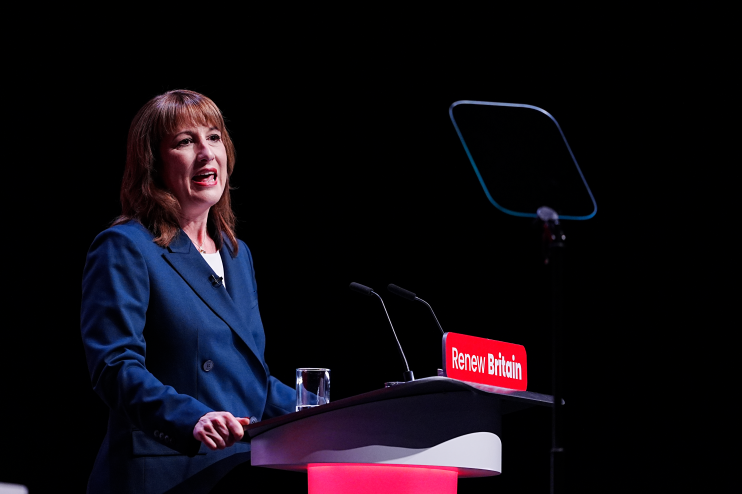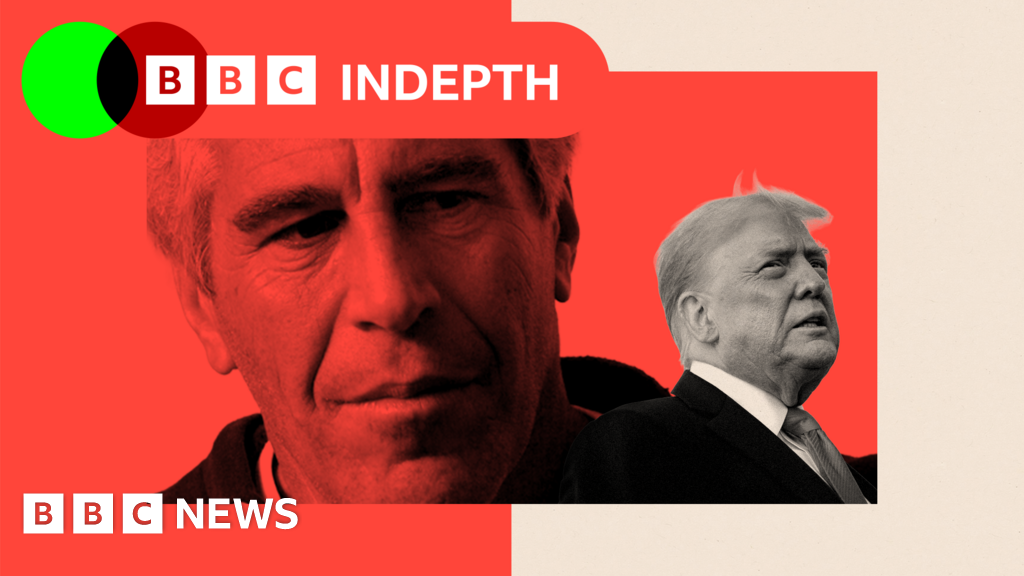By Mauricio Alencar
Copyright cityam

Chancellor Rachel Reeves has warned that her choices will be “harder” at this year’s Budget, with questions being raised on whether she will row back on Labour manifesto tax commitments to plug a £30bn shortfall.
In a speech at the Labour Party conference, Reeves said that “harsh global headwinds” and the effects of her Tory predecessors would force her to make more controversial decisions at this year’s Budget.
She also indicated that she would frame tax rises as “contributions” as she said she wanted economic growth to be spread out across the UK.
“In the months ahead, we will face further tests, with the choices to come made all the harder by harsh global headwinds, and the long-term damage done to our country, which is becoming ever clearer.”
Ahead of he speech Reeves refused to rule out VAT rises, with the issue becoming thornier for the government given Labour’s manifesto stating that the tax would not be changed.
When asked after her speech if the manifesto commitments on taxes still stands, Chief Secretary to the Prime Minister, Darren Jones, told Sky News: “The manifesto stands today, because the decisions haven’t been taken yet…we’ve got forecasts coming from the OBR, we don’t know what they say yet.”
Rachael Griffin, tax and financial planning expert at Quilter said:
“Chancellor Rachel Reeves’ address to conference set the tone for her 26th November budget, with recognition of the dire economic backdrop and the need for tough decisions going forward. Tax rises had already been deemed all but certain, and the Chancellor made no effort to quell such fears today.
“While she did not explicitly repeat Labour’s manifesto commitment not to raise taxes on working people, Reeves did stress that she would not break the trust of voters and would avoid measures that harm ordinary working people. This may suggest the door remains slightly ajar for indirect tax changes or threshold adjustments in the upcoming budget.
“While headline rates may remain untouched, it seems likely the public could still face a rising tax burden through fiscal drag, and potentially through higher taxes on the wealthy. This could come in the form of an extension to the existing freeze on income tax thresholds, for example, which has already resulted in a huge increase in tax take and has pulled many people into paying tax for the first time, or even into higher tax brackets.
Clipping the OBR’s wings
Reeves also used her speech to call out her critics, which include Manchester Mayor Andy Burnham and opposition parties, for taking aim at her fiscal rules.
“When I said we must not and would not take risks with Britain’s economic stability, that argument was not just for an election.
“Even now, with the global uncertainty we have seen ripple through financial markets, there are still critics out there who would too readily forget the consequences of reckless economic choices.”
But earlier in the morning, Reeves revealed she would make the Office for Budget Responsibility (OBR) only publish one forecast a year rather than two, which represents an adjustment to her fiscal rules she said were “non-negotiable”.
“The International Monetary Fund have said that we should move to just one major fiscal event a year, and I agree with their recommendations, and to be able to do that, we do need to change the way that the OBR do their forecasting,” Reeves told Times Radio.
“Two full forecasts a year make it harder to have that one fiscal event. There are different ways you could do it, you could do a shorter term forecast, you could do a forecast that just looks at the changes in the economy over that period of time.”
“We’ve already moved to having just one budget a year, but we’re trying through these changes to facilitate that.”
Rachel Reeves talks up new policies
Reeves’ speech to Labour Party members on Monday also featured announcements to create a youth mobility scheme with the European Union, a new initiative to give young people out of work and education a guaranteed paid work placement and a pledge to build libraries across primary schools.
In response to the speech, Shadow Chancellor Mel Stride said Reeves was making it harder for young people to get into work despite reforms to youth employment.
“Rachel Reeves says she wants to abolish youth unemployment – yet in her very first Budget, she introduced a £25bn jobs tax that made it more expensive for businesses to hire, especially young people,” Stride said.
“That’s the contradiction at the heart of Labour’s plan: they talk about opportunity, but their policies kill jobs.
“Reeves is trying to fix a problem she created – while pointing the finger of blame, as she so often does, at everyone else.
“You don’t get more young people into work by punishing the very businesses that hire them. The answer isn’t more taxpayer-funded schemes – it’s growth, lower taxes, and a pro-jobs economy.”
Before Reeves spoke, business secretary Peter Kyle clarified that he would “implement the Employment Rights Bill in full” despite calls from business leaders for reforms to be watered down.
Kyle also paid tribute to former deputy prime minister Angela Rayner for driving the Bill, adding that Labour was “eternally grateful” for her contributions.
Responding to the Chancellor’s speech, Tom Clougherty, Executive Director at the Institute of Economic Affairs said:
“Rachel Reeves mentioned breakfast clubs in her major conference speech more than taxes. By emphasising this government’s spending plans without any mention of how they will be paid for, we can definitely expect taxes to be going up at the next budget to pay for them.
“She also asked who is going to stand up for British businesses – but businesses will be thinking if the answer is this government then we’re in serious trouble, given all of the additional burden they are placing on the engine of Britain’s economic growth.
“The Chancellor’s plans for growth also leave much to be desired. For all of the positive words about growth there is very little substance that gives us cause for optimism, despite it rightly being their number one priority.”



